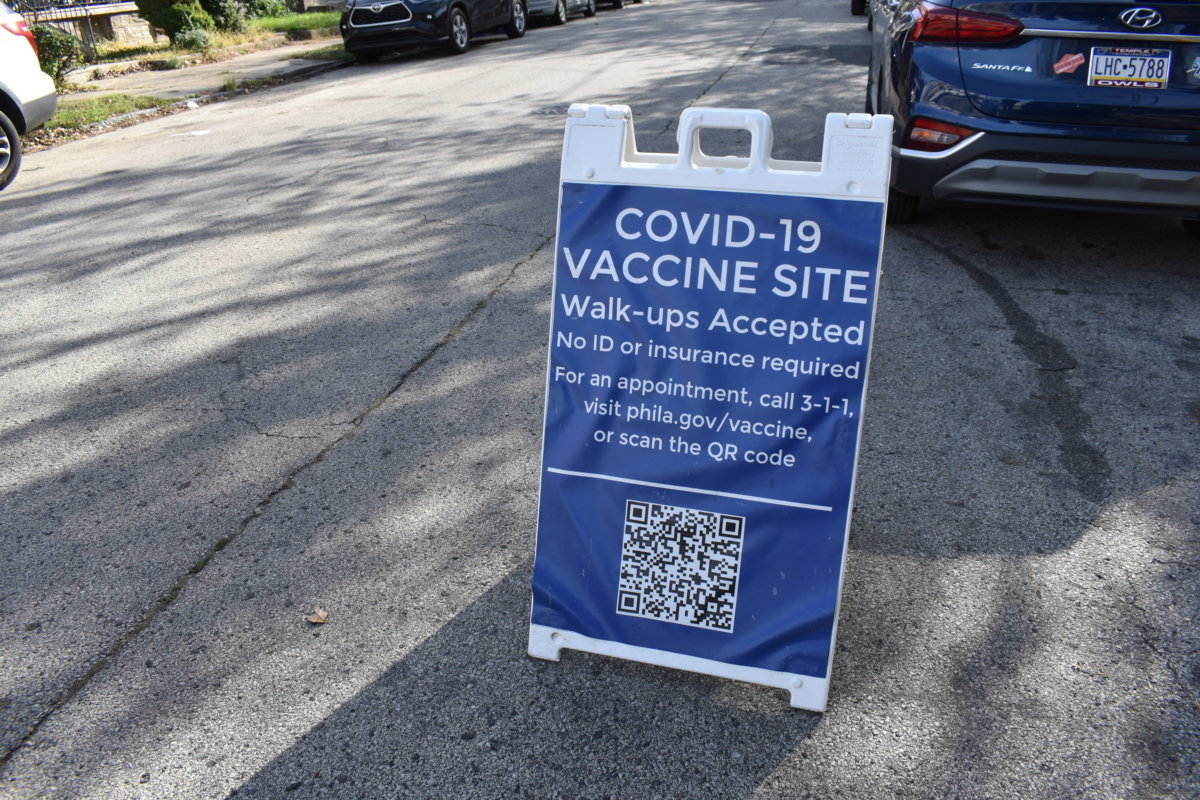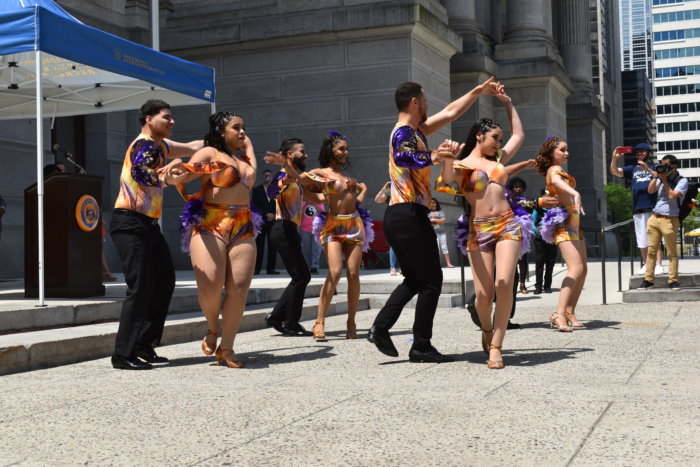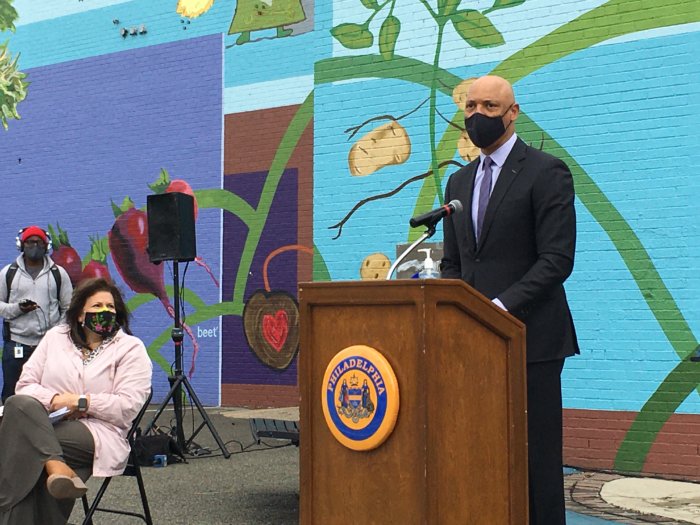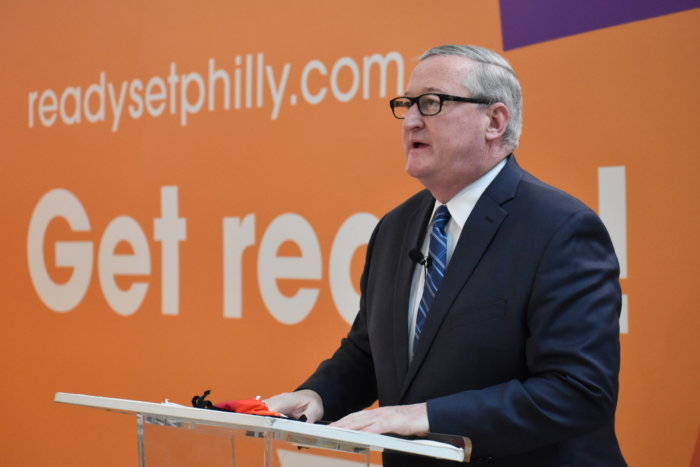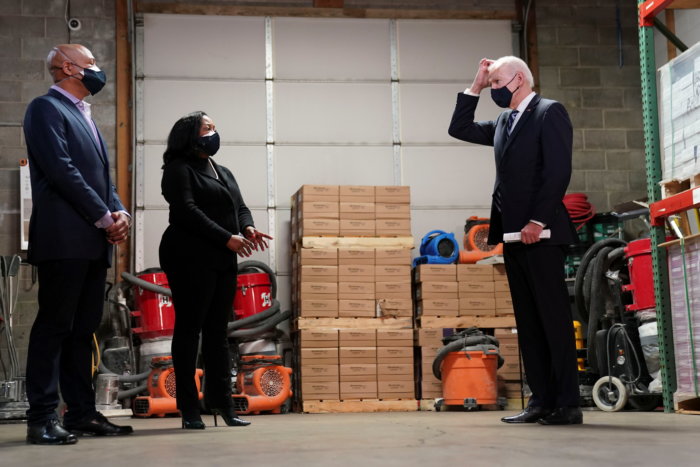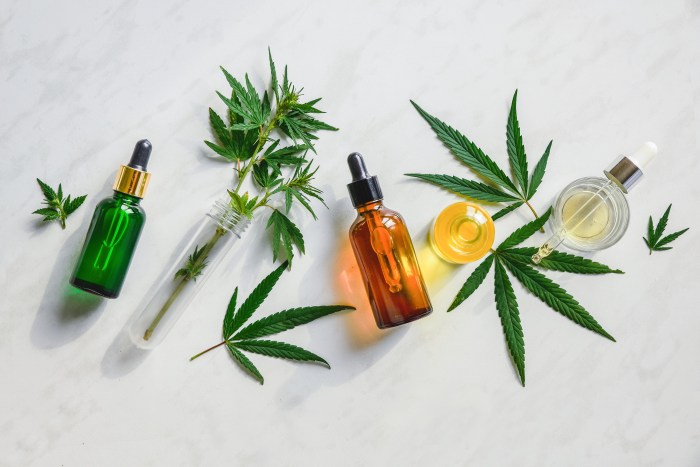Any establishment in Philadelphia serving food and drinks to people indoors will be required to ensure that all patrons are fully vaccinated against the coronavirus beginning next month, Mayor Jim Kenney’s administration said Monday.
The new vaccine mandate, which will go into effect Jan. 3, covers restaurants, bars, cafes, concert venues, catering halls, theaters and indoor arenas, including the Wells Fargo Center, according to city leaders.
Kenney and Philadelphia Health Commissioner Cheryl Bettigole expressed concerns about rising case and hospitalization numbers, along with threats posed by holiday gatherings and the Omicron variant.
“This winter looks like it could be very difficult,” Bettigole said Monday. “We have to do something to slow the spread now before it’s too late.”
For the first two weeks of the mandate, through Jan. 17, businesses can choose to accept a negative COVID-19 from the previous 24 hours if a person is not vaccinated. From then on, only those with proof of vaccination will be admitted.
Kids under the age of 5, who are not eligible for the shot, are exempted from the mandate and may still dine indoors at restaurants.
Children 5 to 11 must receive their first dose by Jan. 3 and be fully vaccinated by Feb. 3 to continue dining within city limits. Only about 17% of that age group has been jabbed in Philadelphia.
Staff at facilities that fall under the mandate must also be fully vaccinated by Feb. 3 and receive at least one shot by Jan. 3.
People with signed medical or religious exemption paperwork can be exempted entirely from the regulation; however, they, along with children between the ages of 3 and 5, must test negative before going to an indoor site that seats 1,000 or more.
Only an initial round of shots is required, meaning booster doses are not needed.
Some places where people eat inside, including schools, hospitals and soup kitchens serving vulnerable groups, are carved out of the mandate.
Unvaccinated individuals will still be able to enter an establishment for a short period of time — for example, to pick up take-out.
The Wells Fargo Center has already held some events in which attendees had to show proof of vaccination or a negative test, and the arena is “well prepared to comply with the city’s new policy,” said Valerie Camillo, the president of business operations for the stadium and the Flyers, in a statement.
Kenney said he doesn’t expect compliance will be an issue, adding that he believes restaurants and other businesses have the capacity to verify vaccination status.
“I was in New York two weeks ago,” he told reporters. “It’s not a problem. It worked very smoothly in restaurants, in delis, at theaters. It wasn’t an issue at all.”
Besides New York, other cities, including San Francisco and New Orleans, have implemented similar measures.
Bettigole cited a Drexel University study released last week that examined 11 American cities over COVID-19’s first two waves to determine whether shutting down indoor dining had any effect. Researchers found that closing dining rooms was associated with a 61% drop in infections.
“I don’t want to close our restaurants or the other types of businesses that serve food,” Bettigole said. “I want them to stay open and operate safely.”
COVID-19 infections have more than doubled in Philadelphia since Halloween, and the test positivity rate has increased from under 3% to around 5%. Multiple cases of the Omicron variant have been identified, Bettigole said.
“This is clearly in the community to some degree,” she added. “It’s still true that almost all of our cases in Philly are Delta, though.”
Nearly 80% of people admitted to city hospitals with the virus during the month of November were not fully vaccinated, according to health department data.
About 70% of Philadelphians over the age of 11 are fully vaccinated, and 88% have received at least one dose.
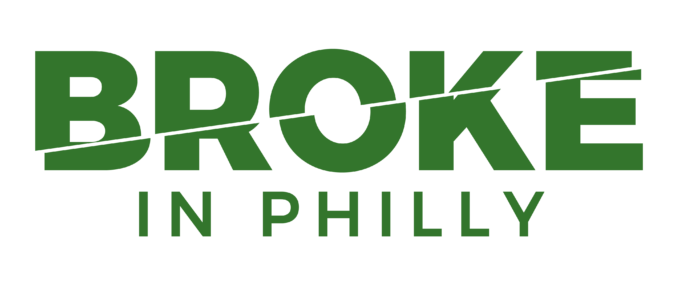
Metro is one of more than 20 news organizations producing Broke in Philly, a collaborative reporting project on economic mobility. Read more at brokeinphilly.org or follow on Twitter at @BrokeInPhilly.



